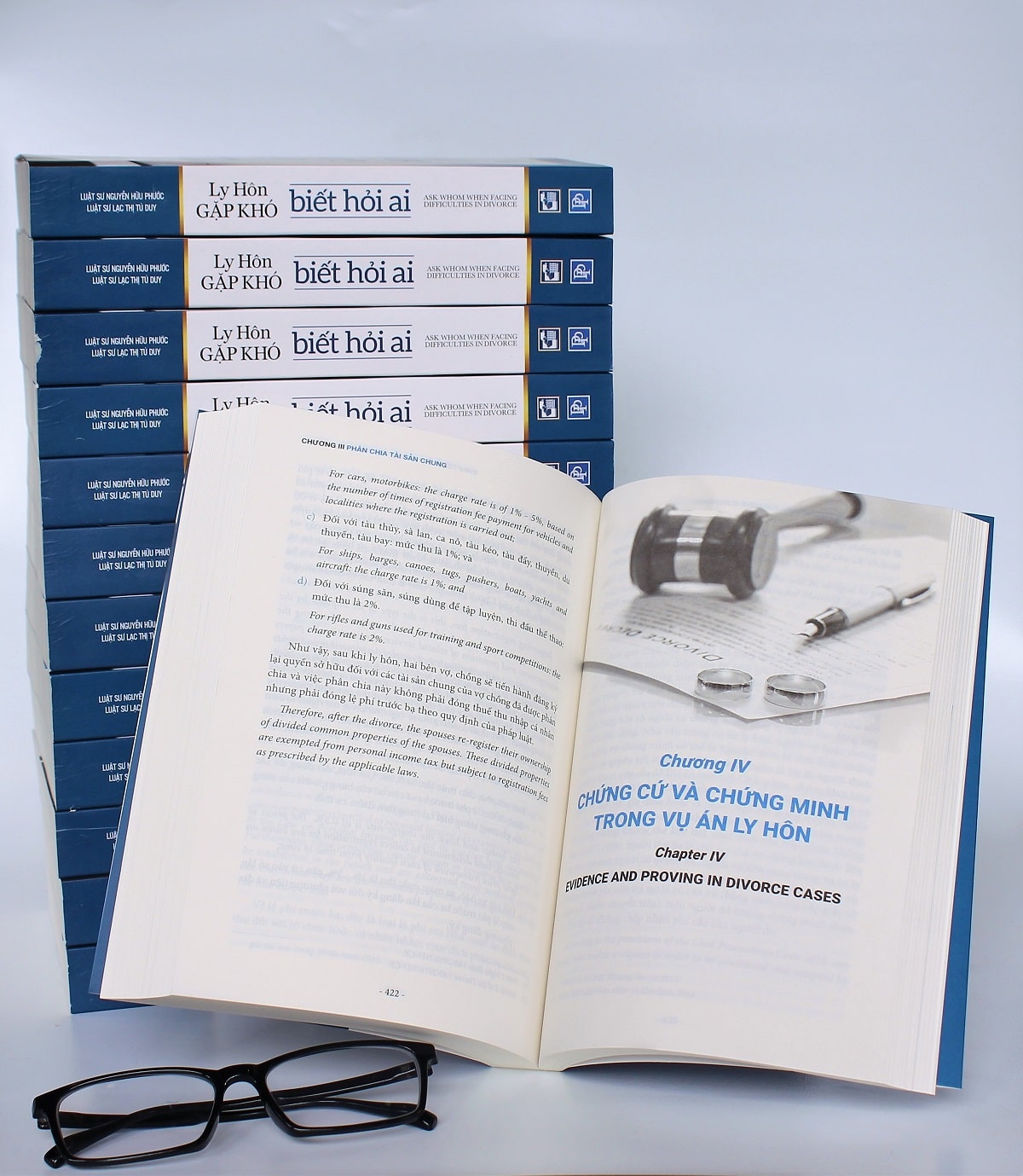In a divorce case, is there any case when the Court requests organisations and individuals holding and managing documents and evidence related to the case to supply documents and evidence but that these organisations and individuals failed to provide the requested documents? If they do not provide at the request of the Court, how will these organisations and individuals be punished? Is it compulsory to provide the Court with the documents it has requested?
The collection of documents and evidence or the assistance of the litigants in the gathering of documents and evidence falls within the competence and responsibility of the Court. Therefore, the Civil Proceedings Law stipulates that agencies, organisations and individuals controlling or holding documents and/or evidence are responsible for providing documents and evidence at the request of the Court within 15 days from the date of receiving the request[3]. However, in reality, there are still cases where these entities refuse to provide sufficient evidence and documents despite the Court request. In this case, these entities must reply in writing and clearly state the reasons why they refuse to submit the requested evidence. If they can provide a plausible justification, they shall not be responsible for failing to comply with the Court’s request. For example, if the documents and evidence which are requested by the Court are confidential under the Law on Protection of State Secrets then they shall not be authorised to copy and sent to the Court. However, if their reasons are not plausible, depending on the nature and seriousness of the breach, then they shall be subjected to administrative penalties or prosecution for criminal liability in accordance with the law[4].
If the provision of documents and evidence incurs expenses to organisations and individuals holding and managing documents and evidence (photocopying costs, translation costs if documents and evidence are in a foreign language), who will bear these costs?
According to the applicable law provisions, unlike other judicial expenses which have been specified such
as expenses related to witnesses or interpreters, expenses of examination, valuation of assets, on-the-spot
appraisal expenses of providing documents and evidence at the
request of the Court have not been clearly specified in both the Civil
Proceedings Code and the specialised law. Therefore, there is no legal basis to
determine the specific person bearing these
expenses. However, in the opinion
of the authors, if these expenses were incurred,
the costs (if any) will be borne by entities holding
and managing such documents and evidence. Pursuant to Article 106.3 of the
Civil Proceedings Code 2015, agencies, organisations and individuals that are
managing and keeping documents and evidence are responsible for providing all
documents and evidence at the Court request. Accordingly, the provision at the Court
request constitutes an obligation and responsibility of such
agencies, organisations and individuals. They will be responsible for supporting the Court to resolve the case. In practice,
the person requesting the Court to collect evidence does not incur any cost
arising from his or her request. When receiving the request and evidence
proving that the litigants cannot collect evidence by themselves, the Court will send a request to the concerned
agencies, organisations and individuals holding the documents, and evidence requesting them to provide the
necessary documents. Upon
receiving the above request, these entities will send copies of the documents,
evidence or official reply letter. The litigant does not have to pay any fee upon the above request. The Resolution 326/2016/UBTVQH14 dated 30 December 2016
on the rates of collection, exemption, reduction, collection, payment,
management and use of Court fees and charges does not stipulate that the
litigants must bear such costs. Therefore, there is no legal basis to force the
litigants to bear the cost of requesting evidence. In fact, the above costs are
usually not substantial, so requesting the litigants to pay is unnecessary.
[3] Article 106.3 of the Civil Proceedings Code 2015.
[4] Article 106.3 of the Civil Proceedings Code 2015.
If you would like more information on how we can assist you with divorce issues, please contact us at: +84 (28) 36223522 or email us at info@phuoc-partner.com

